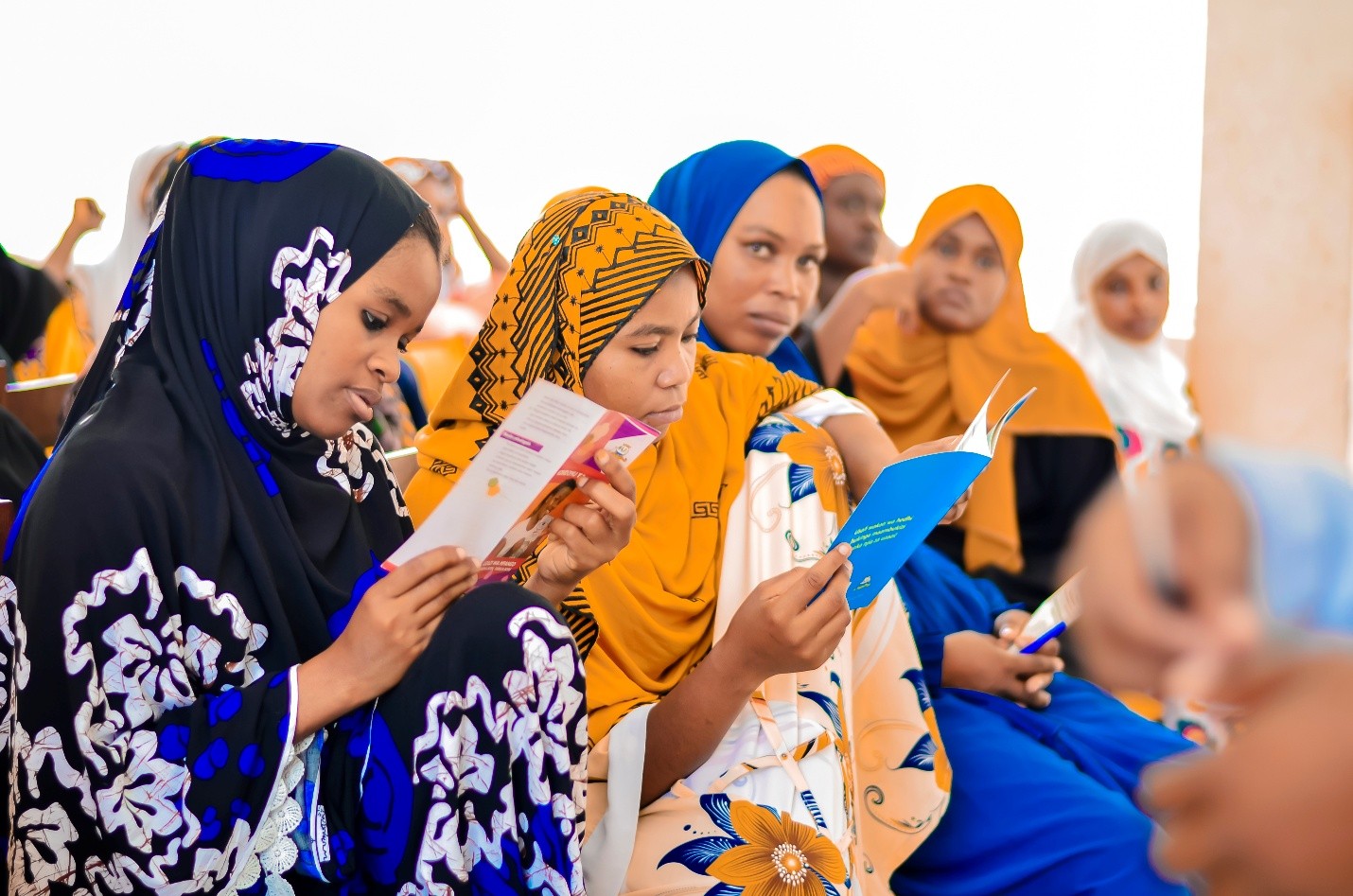
Advancing SRHR for Girls in Africa
Funded by
MST
From: 2024-01-01
To: 2025-12-31
This 24-month project, implemented by ZAFAYCO in collaboration with Marie Stopes Tanzania (MST), seeks to improve access to Sexual and Reproductive Health and Rights (SRHR) information and services for young people in Zanzibar, while also supporting their economic empowerment. The project targets both in- and out-of-school youth, aiming to reduce the risk of poor SRHR outcomes that often result from limited awareness, social stigma, and economic vulnerability. Recognizing the link between financial insecurity and risky behavior, the project integrates SRHR education with life skills and entrepreneurship training to promote more stable and informed youth development.
The intervention responds to persistent gaps in youth engagement with health services, especially among girls and young women. Many young people lack safe platforms to discuss or learn about reproductive health, and some perceive SRHR services as inaccessible or stigmatized. To address this, the project introduced structured community activities and school-based platforms that serve as safe spaces for learning and support. One of the key approaches was the formation of the Youth Kijiweni Network, which brings together young people—especially those considered disengaged or idle—for peer-led SRHR sessions and practical skill-building. Additionally, girls' support clubs were established in schools to provide targeted support on issues such as menstrual health, sexuality education, and access to contraceptives.
To date, the project has reached over 1,700 youth with SRHR services and supported more than 10,000 others through outreach and information-sharing events. Through in-school and community platforms, young people have gained access to accurate SRHR information and youth-friendly service providers. Furthermore, over 3,000 youth have received training in entrepreneurship and vocational skills, equipping them with tools to improve their income-generating potential. These efforts have not only supported health-related goals but have also contributed to improved economic awareness and engagement among participating youth.
As implementation continues, the project is focused on strengthening the sustainability of its platforms and expanding access to services. This includes closer coordination with government departments, formalizing youth groups for longer-term engagement, and documenting learning for future replication. Overall, the initiative contributes to a more informed and economically active youth population, while gradually addressing barriers to SRHR access in Zanzibar.

